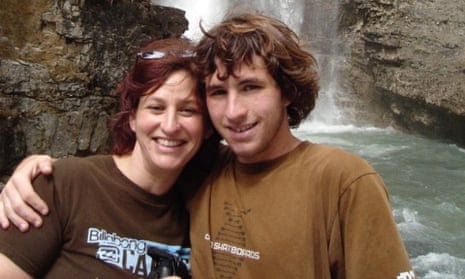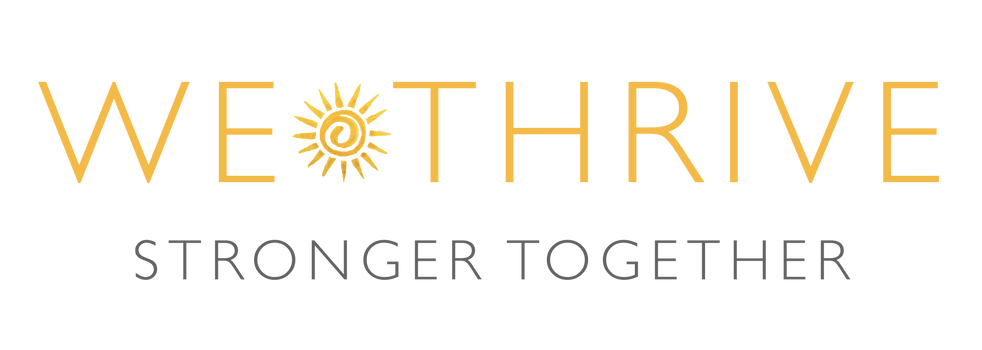Normal v Abnormal – a way of seeing
This was the theme of Rudi Voet’s talk to us in February and it spoke to so many of us as we respond to the situations we find ourselves in. This idea of what is ‘normal/abnormal’ applies not only to the behaviours and feelings of our children but equally if not more importantly to how we respond and what we tell ourselves about it all.
This is a huge topic and one that has so may connotations in our society, and then also within our wider family structures and beliefs and more immediately within ourselves – the expectations and attitudes we have for our children and about ourselves as parents. There is much talk of mental health in our current vernacular, it is everywhere. For our young people this can be helpful and, like most things, can also be misused, distorted. They can start to see issues where there are really none, to conjure up a picture of themselves as unwell/abnormal when they might actually be just experiencing the rollercoaster rock and roll of growing up and navigating adolescence. For each young person this is subtly different and some are more sensitive than others, more liable to greater swings and troughs along the way, to being thrown off course to a larger degree. As parents we are the same – we can panic as our children ride this bumpy, sometimes treacherous, road. When we see our child’s behaviour as being ‘abnormal’ which for alot of us would probably be the case when comparing to alot of peers, we are filled with fear, worry, trying to fix and help. This can start subtly way before a problem seems to be there – just when our child may seem more defiant, more excessive, more impulsive, much louder, much quieter, more anxious, perhaps less socially aware, or less sociably able, struggling at school, than many of their peers. It is at THIS point that our reactions begin to change too, depending on the lens we see it through. Perhaps we are angry, sad, worried, resentful, despairing, feeling powerless – maybe all of these at differing times. We see this behaviour as ‘abnormal’ and so in many ways our children pick up on and hear our fear. Then they are also afraid. And so around we go.
However the most invidious part of this is when we move into what the Buddha called ‘the third arrow.’ The Buddha used the three arrows as an analogy for human suffering. The first arrow in life is when we experience emotional pain – eg you lose your job, your relationship ends, your child is not thriving. The second arrow is how we respond to it – our fear and our worry and our sadness. And then some of us can also shoot the third arrow: the reaction to our suffering – eg shame, guilt, self loathing, self doubt etc. When we begin to understand and develop some awareness around these layers of suffering and response to life we can find greater freedom and ease. We all suffer but we can choose how we respond to our suffering, whether we hold it lightly or we embed it and amplify it. We can possibly learn to be kinder, to approach with more understanding, we can be gentler, we can, as Rudi said, realize that really it is ‘normal’ and hopefully, in the community of We Thrive, we see we are not isolated and alone in our experience at all. It is part of the human journey for many many people.
There is so much more to be discussed around issues of what our young people are seeing and watching and also around our current narrative of striving for ‘happiness’ as though this were a place that we will all arrive, and all will be well. Rudi summed this up well when he said, ‘We are so focused on being happy that we have forgotten the art of being unhappy. Anything to do with unhappiness, such as misfortune, poverty, being bullied, being unable to keep up at school, having difficult making friends, being introverted, and being extroverted, is regarded as abnormal, and thus must be fought.’
Many thanks, as ever, to Rudi, for his time, experience and generosity.

New approach for the weekly group meetings
As many of you know who have joined the weekly group support meetings, they are sometimes just open platforms for people to share how they are and what is going on and sometimes we are led by one of the parents giving a share on their story or an aspect of their story. This format will largely continue with the one change that we will introduce themes for each month. This doesn’t mean we are at all constrained by the theme but gives a locus from which discussion can spring from.
The themes will be forecast for each month for a few months ahead.
For March the theme will be to continue with this topic of
Normal / Abnormal
introduced by Rudi.
For April, the theme will be …
Acceptance
For May, the theme will be …
Finding Peace in Suffering
For June, the theme will be …
Losing and Recovering Ourselves
If you would like to bring any resources that you found helpful to the meetings on these subject or indeed do a share from this perspective then please do let us know.
This platform We Thrive is for ALL of us BY all of us
Each and every voice matters in creating something really valuable for each other.
This could be a reading, an idea, an experience, a poem – anything that speaks to you around the subject. This Thursday Helen Speroni has really kindly agreed to share which won’t necessarily come from this perspective as we have only just introduced it here.
Article in The Guardian by Tanya Frank, 25th February 2023

Tanya Frank with her son Zach on a visit to Canada in 2008.
Photograph: Courtesy of Tanya
This is a powerful read written by a mother about her experience with her son.
Tanya’s book, Zig-Zag Boy: Madness, Motherhood and Letting Go is published on 2 March.
March Talk
Wednesday 22nd March, from 6.30pm
Kate Olphert from Ground Beneath Your Feet, is a Coach, Mentor (and teacher for over 25 years), working with families and children who struggle with school and education.
“I work with school phobics and their families, advising, mentoring and coaching. I introduce people to new ways of thinking about what is going on for them, talking openly and honestly about possibilities. If I work with your family my aim is to put back the ground beneath your feet and help you regain some stability to enable you to move forward….. When helping children suffering from anxiety or school phobia I am keen for them to know that it didn’t rob me of my future. I got exams, an Honours degree, lived and worked independently, married and had children and if I’m honest looking back I don’t regret it being part of my life’s experience; it is an important part of the person I am today.”
Copyright © 2022 WE THRIVE, All rights reserved.

